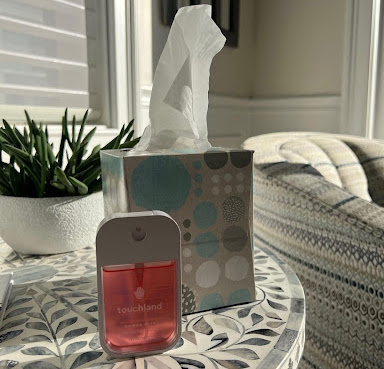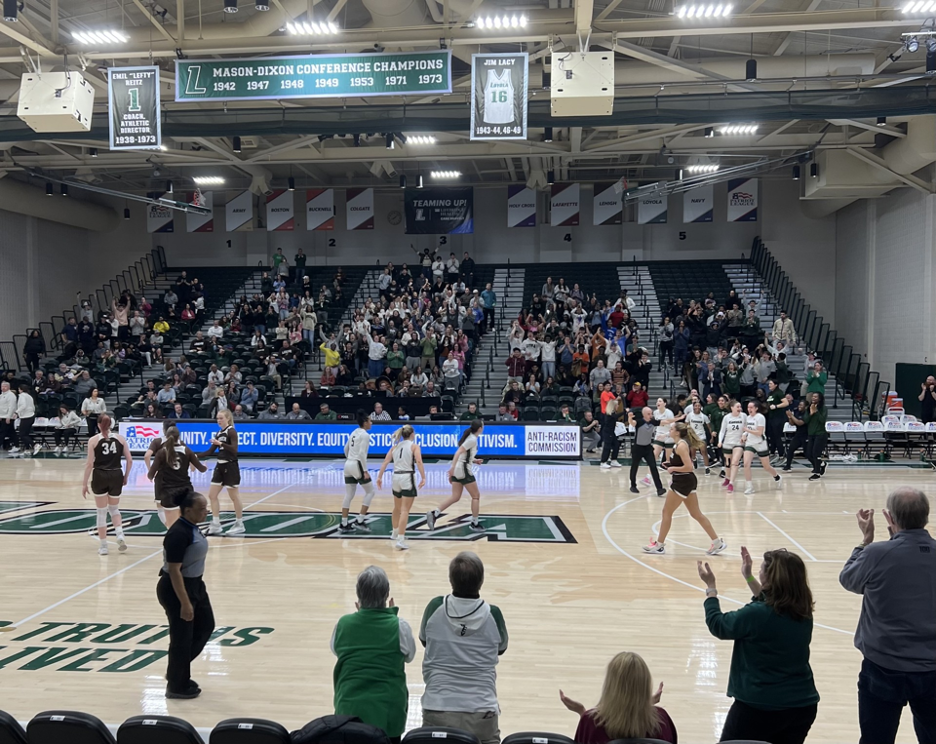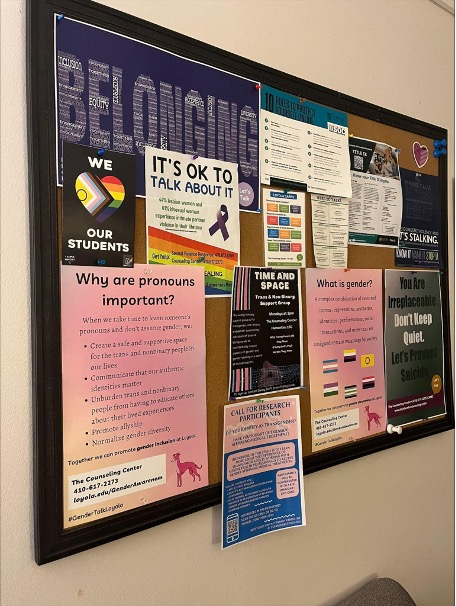Sleep can seem so easy and natural—except when it isn’t.
Is college life messing with your sleep? Late-night cramming, irregular schedules, noisy roommates, alcohol consumption, and stress are all factors that can lead to sleep loss. Lack of sleep may cause you to begin backing off exercise and increasing caffeine consumption , which can cause even more problems.

Research shows that inadequate sleep can have serious health consequences, including memory problems, poor concentration, and anxiety. Lack of sleep can also affect your body’s ability to fight illness. The average sleep requirement for college students is over 8 hours, although the exact amount varies from student to student. The sooner you establish good sleeping habits for your college environment, the better.
Here are a few basic tips for a better night’s sleep:
- Develop sleep routines. Do the same things in the same order before going to bed to cue your body to slow down. Give yourself a half hour to an hour of leisure time before bed: read a book (not for class), listen to quiet music, or write in a journal.
- Avoid screens for 30-60 minutes before sleep. The lights on screens keep your brain alert and may prevent you from relaxing. They also suppress the natural hormone melatonin, which controls your sleep/wake cycle.
- Exercise. Brisk walking, swimming, or jogging promotes deeper, more restorative sleep. Try to finish up your exercise a few hours before bedtime because exercising closer to bed may actually make it harder to sleep.
- Jot it down. If you tend to worry at night, make a “to-do” list of tasks you want/need to do. Then let the thoughts go. There’s no need to lie awake worrying about remembering everything.
- Avoid caffeine 6-8 hours before bed. If you like studying with coffee, try decaf, or an herbal tea.
- Cut down on alcohol. People might think alcohol helps them fall asleep, but it actually decreases sleep quality by causing shallow sleep and increased nighttime awakenings.
- Limit afternoon naps to less than an hour. Longer naps can affect your sleep cycle and are best done earlier in the afternoon.
- Avoid heavy meals close to bedtime. Finish eating 2-3 hours before sleep.
- Avoid routine use of sleeping pills or other sleep aids. These reduce sleep quality and can be addictive.
When Should I Seek Help?
For more information on healthy sleep, visit www.loyola.edu/sleep. If poor sleep continues for several weeks, talk with a medical practitioner or a therapist. Treating insomnia often entails treating the condition that’s causing it (e.g., stress, depression, conflicted feelings) and relearning healthy sleep habits. Here are good places to start:
- Student Health Services, Seton Court, 410-617-5055
- Counseling Center, Humanities 150—up the tower opposite Starbucks, 410-617-CARE (2273)
Let’s Talk!
The staffs of the Counseling Center and Student Health Services

















































































































